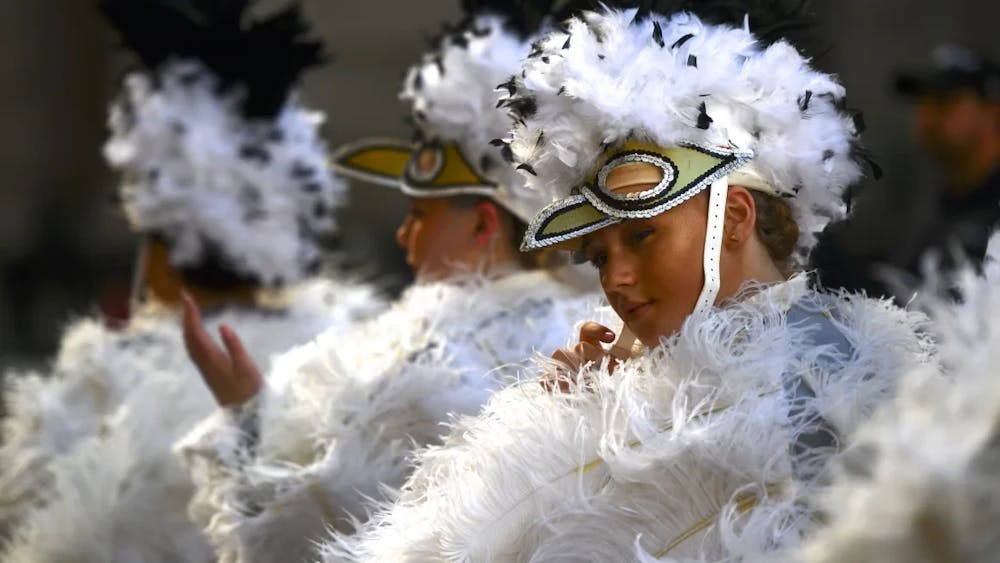Philadelphia's Mummers Day Parade, a cherished tradition dating back to the 17th century, has long been a source of joy, controversy, and reflection for the city.
As the colorful and lively procession takes to the streets each New Year's Day, it is essential to delve into the checkered racial history of this celebration and assess whether it should continue to be embraced in contemporary society.
The Mummers Day Parade traces its origins to the Swedish and Finnish immigrants who settled in Philadelphia in the 1600s. Over the years, the celebration evolved, incorporating various cultural elements and transforming into the elaborate and theatrical event we witness today.
While initially a community-centric affair, the Mummers Parade has weathered a series of controversies that raise questions about its relevance in the 21st century.
One significant issue that has plagued the Mummers Parade is the perception of cultural insensitivity and racism associated with some of the performances. Certain Mummers brigades and divisions have faced criticism for perpetuating offensive stereotypes through their costumes and skits.
Mummers costumes that included the use of Blackface have been in use despite their banning in 1963. Critics argue that these instances undermine the parade's intent to bring joy and unity, instead perpetuating harmful stereotypes that have no place in a diverse and inclusive society.
In recent years, the parade organizers have made efforts to address these concerns, implementing diversity training for participants and instituting stricter guidelines on acceptable themes and costumes. Despite these measures, the stain of past controversies continues to raise questions about the parade's appropriateness in modern times.
John Grotto an African American South Philadelphian native has nuanced feelings about the parades that culminate on his street once a year.
“I understand and I think it’s important to understand that the mummers parade is a heritage-based event. I know It has long historical roots in Philadelphia. The problem arises when their heritage starts to disrespect my heritage as a black man.”
The checkered history of Philadelphia's Mummers Day Parade forces us to confront the complexities of tradition, identity, and cultural sensitivity. While the parade has deep historical roots, its relevance in a modern, diverse society is an ongoing question.
As Philadelphia grapples with the challenges of balancing tradition with the need for inclusivity, the Mummers Parade stands at a crossroads. The conversation surrounding its future requires careful consideration of the evolving values and expectations of the community it seeks to represent.




